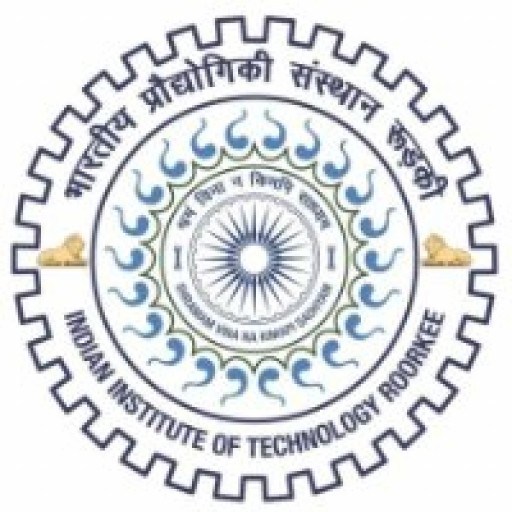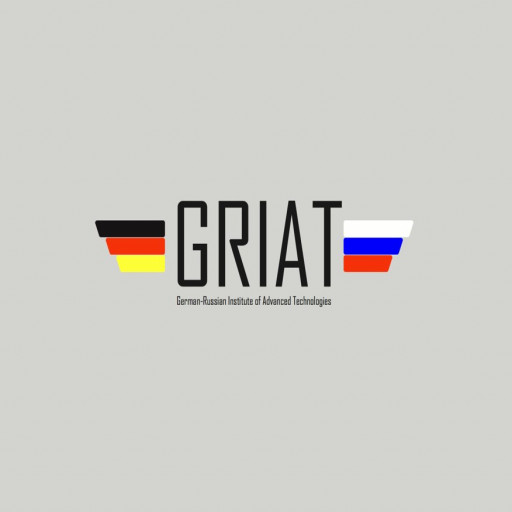Photos of university
Program Overview:
The Master of Technology (M.Tech) in Nanotechnology at the Indian Institute of Technology is a rigorous and interdisciplinary program designed to equip students with advanced knowledge and practical skills in the rapidly evolving field of nanoscience and nanotechnology. This program aims to prepare graduates for innovative research, development, and applications across diverse sectors such as electronics, materials science, biotechnology, medicine, energy, and environmental science. Through a comprehensive curriculum integrating principles of physics, chemistry, biology, and engineering, students gain a thorough understanding of nanoscale phenomena, fabrication techniques, characterization methods, and device integration.
The curriculum emphasizes both theoretical foundations and hands-on laboratory experience, enabling students to develop competence in state-of-the-art nanofabrication tools, microscopy, spectroscopy, and modeling. Specialized coursework covers areas such as nanoelectronics, nanomaterials, nanofabrication processes, surface science, and nano-biosystems, providing a multidisciplinary perspective essential for addressing real-world challenges. The program also offers opportunities for industry internships, collaborative research projects, and thesis work under the guidance of experienced faculty members actively involved in cutting-edge nanotechnology research.
Students are encouraged to participate in conferences, seminars, and workshops to stay updated with the latest advancements and to foster innovation and entrepreneurship. The training aims to produce graduates capable of contributing to academia, industry, and government research organizations, driving technological innovation and economic growth. Graduates of the program are well-positioned to pursue careers in research and development, product development, technology management, and higher studies in nanoscience and engineering. The program maintains a strong emphasis on ethical considerations, safety standards, and sustainable practices in nanotechnology.
Entry requirements include a relevant undergraduate degree in engineering, science, or technology with a strong academic record. The program duration is typically two years, structured into coursework, laboratory sessions, industry interactions, and a research thesis. Graduates will emerge as competent nanotechnologists ready to meet the demands of high-tech industries and academia, contributing towards innovative solutions in various sectors of the economy and society.
Contents:
1. Classification and Nomenclature of Nanomaterials: Nanosized metals and alloys, semiconductors, ceramics - a comparison with respective bulk materials; Organic semiconductors, carbon nanotubes; Zero-, one-, two-, and three dimensional nanostructures – quantum dots, quantum wells, quantum rods, quantum wires, quantum rings; bulk nanostructured materials, Nanomachines and Devices.
2. Synthesis by Physical Methods: Nucleation and growth of Nanosystems; self-assembly; Physical methods – mechanical milling, laser ablation, sputtering and microwave plasma.
3. Synthesis by Chemical Methods: Chemical reduction and oxidation, hydrothermal, micelles, sol-gel processes, photolysis, radiolysis, and metallo-organic chemical vapor deposition; Designing of advanced integrated nanocomposites, functional nanomaterials and nanostructured thin films.
4. Novel Properties of Nanomaterials and Related Theoretical Background: Size and shape dependent optical, emission, electronic, transport, photonic, refractive index, dielectric, mechanical, magnetic, non-linear optical properties; Transition metal sols, origin of plasmon band, Mie theory, influence of various factors on the plasmon absorption.
5. Size Effect in Nanomaterials: Quantum confinement in semiconductors – particle in a box like model for quantum dots; Origin of charge on colloidal sols, zeta potential - DLVO theory; Implications of colloids in making building blocks; Catalytic and photocatalytic properties, Mechanical properties.
6. Characterization of Nanomaterials: Structural Characterization - XRD, SAXS, SEM, TEM, SPM/AFM; Chemical Characterization – Optical spectroscopy, Electron spectroscopy, Ionic spectrometry; Physical properties – Melting point, Lattice constant, Electrical and magnetic characterization; Mechanical properties – nanoindentaion, nanotribology.
Students admitted to the graduate programs of study at IIT Roorkee go through a process of selection prior to their admissions. The process of selection is administered at the national (All India) level or at the Institute depending on the program of study. For detailed information of the Institute and different programs, download the information brochure given below.
GATE (Graduate Aptitude Test in Engineering), The Graduate Aptitude Test in Engineering is an All - India Examination conducted by the seven IITs and IISc Bangalore, on behalf of the National Coordinating Board - GATE, Department of Education, Ministry of Human Resources Development (MHRD), Government of India.
JAM (Joint Admission Test to M.Sc) for admission to M.Sc programmes at the IITs. From year 2005 admissions to MCA programme at IIT Roorkee are also made through JAM which were previously through AIMCET.
This Institute offer courses leading to two-year Master of Science degrees in a number of disciplines. In addition, post-graduate programmes leading to M.Tech., M.Sc. and Ph.D. degrees are also offered.
The Institute offers merit-cum-means scholarship to 25% of undergraduate students. Several other scholarships are announced from time to time. Bank loans are also easily available whenever required. Financial help is provided as Institute free studentship and scholarships to undergraduate students belonging to the scheduled castes and scheduled tribes.
Students admitted to the 2-year M.Sc. degree in sciences are also awarded merit-cum-means scholarships. A number of scholarships, teaching / research assistantship schemes provide financial support to students of M.Tech. and Ph.D. programmes. Sponsored (full-time as well as part-time), self-financing foreign students and M.B.A. students are , however, not eligible for benefits of this scheme. Students are encouraged to earn while they learn.
Prizes and certificates are given to students on the basis of their performance in curricular, co-curricular and extra curricular activities.
Nanotechnology at the Indian Institute of Technology offers a comprehensive program that aims to equip students with in-depth knowledge and practical skills in the field of nanoscience and nanotechnology. The curriculum is designed to cover a broad spectrum of topics including the synthesis and characterization of nanomaterials, nanoscale fabrication techniques, and applications across various industries such as electronics, medicine, energy, and environmental science. Students are exposed to modern laboratory facilities equipped with state-of-the-art instruments necessary for nanoscale research.
The program emphasizes interdisciplinary learning, integrating concepts from physics, chemistry, materials science, and engineering to foster innovation and problem-solving abilities. It prepares students to undertake research projects and develop new nanomaterials with commercial and industrial relevance. Courses include theoretical foundations of nanostructures, quantum mechanics at the nanoscale, surface phenomena, and nanofabrication methods like lithography, chemical vapor deposition, and electron beam techniques.
Research opportunities are a key component, with collaborations often established with industries and research institutes to provide real-world exposure. The faculty comprises leading experts in the field who mentor students through thesis work and projects, often aligned with current technological challenges. The program aims to produce graduates capable of contributing to advancements in nanotechnology, whether in academia, industry, or startup ventures. Graduates are well-positioned to pursue careers in research and development, product development, consulting, and policy-making related to nanotechnology.
The duration of the program generally aligns with standard master's or doctoral degree timelines, with options for specialization in areas such as nanoelectronics, nanomaterials, nanomedicine, or nanomanufacturing. The program also includes seminars, workshops, and conferences to enhance exposure and professional networking. Overall, the nanotechnology program at IIT stands as a rigorous and forward-looking initiative that responds to the growing need for expertise in nanoscale science and technology, preparing students to be pioneers in this cutting-edge field.









